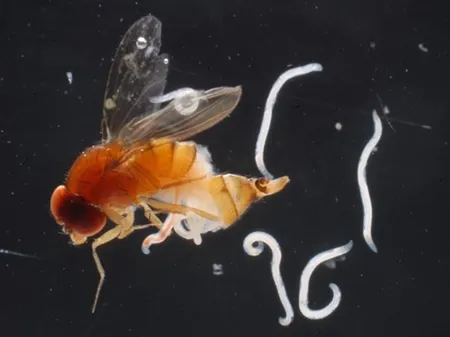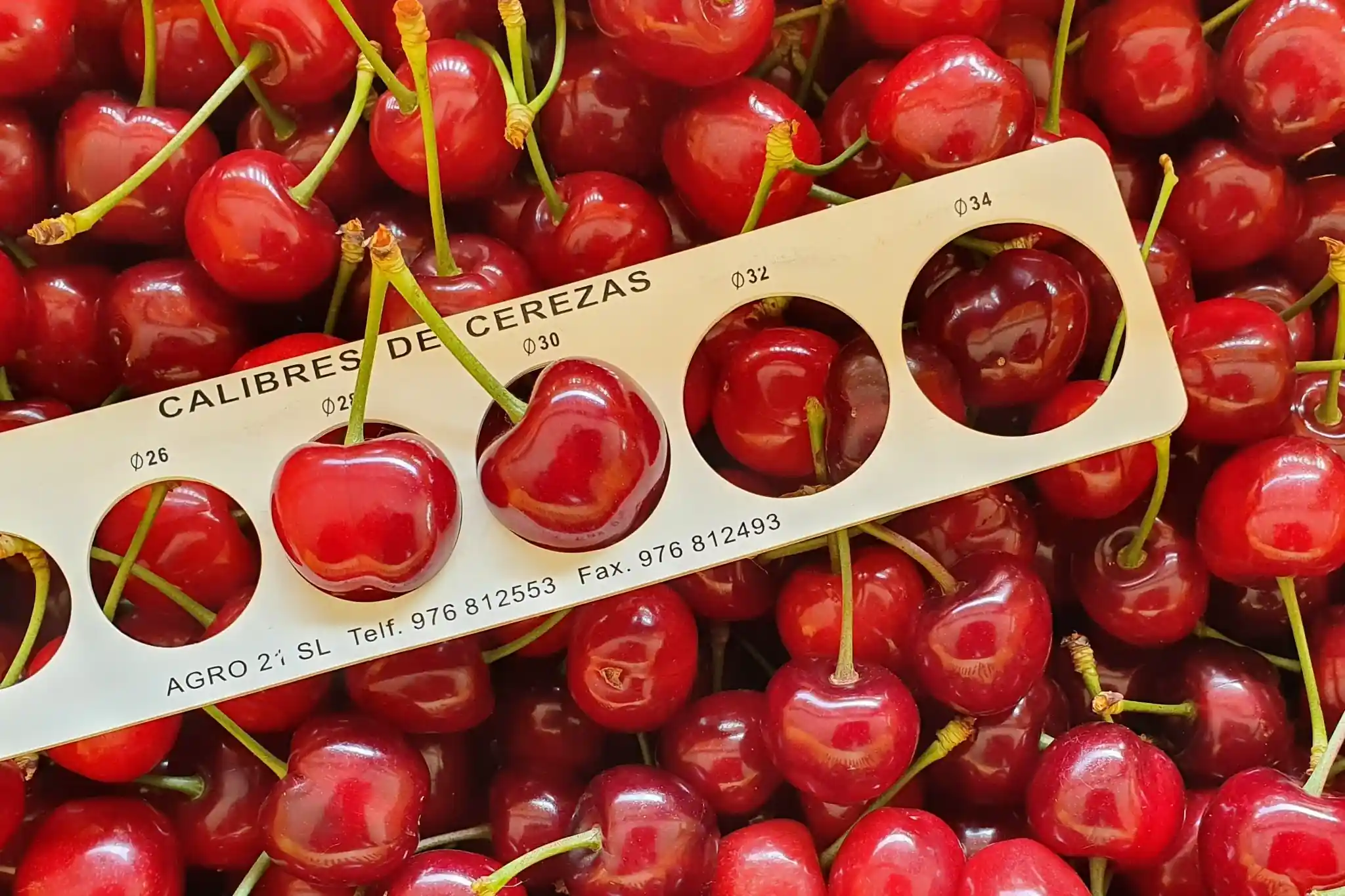In Mediterranean agricultural systems, the continuous decline in the soil organic matter percentage value is increasingly influencing the availability of nutrients and water in the soil.
This means that applying synthetic fertilizers is no longer sufficient, and there is a need to start moving toward new solutions that are also more environmentally sustainable.
What might help in this context is not looking ahead but rather looking at the past: rediscovering the use of organic fertilizers, which are a valuable means of restoring soil fertility while mitigating environmental consequences.
However, that doesn't mean it's easy: organic fertilization, despite its environmental and ecological advantages, also presents some obstacles.
Challenges and solutions
The nutritional needs of crops are not met immediately because it takes a certain amount of time for nutrients to be mineralized, particularly nitrogen.
Furthermore, it should also be considered that they are generally more expensive products.
However, the use of biofertilizers (e.g., compost) generated from the direct recycling of agricultural/agro-industrial waste on farms can represent a sustainable "circular economy" approach to recover valuable nutrients, mitigate the environmental consequences of improper waste disposal, and reduce the expenses associated with organic fertilizers.
The objective of this study was to evaluate the impact of various organic fertilizers on soil condition and tree performance in a cherry orchard.
The study and findings
A study was conducted over two growing seasons (2021-2022) in an organic orchard located in Apulia, Southern Italy, comparing four treatments: (i) compost, (ii) compost and compost tea (a liquid fertilizer obtained by infusion), (iii) mixed manure, and (iv) an unfertilized control.
The results suggested that compost tea, when applied as a foliar spray and to the soil, significantly improved the water status of the trees, particularly in water-stressed environments, as evidenced by their more negative stem water potential values.
Additionally, this treatment improved product quality, yield, and photosynthetic performance, achieving the highest ratio of soluble solids content to total acidity.
These results indicate that compost tea, when used in combination with compost, can serve as a sustainable and beneficial fertilization method for organic Mediterranean orchards.
Future prospects
Consequently, the use of organic fertilizers has the potential to improve a plant's ability to respond to water stress, conserve water, and potentially reduce irrigation costs.
Under optimal tree water status conditions, the stem water potential disparity between trees treated with compost and compost tea and the other treatments (including the control) was eliminated, but not in terms of photosynthesis and conductance.
This was likely due to the biostimulant effects of compost tea.
A challenging yet promising opportunity for organic agriculture is the integrated application of compost tea to the soil and leaves to improve plant health and growth.
From a circular economy perspective, compost and compost tea could serve as sustainable fertilizers that can be easily produced and flexibly used over time (stored) and space (transferred to another area of the farm).
Source: Gaeta, L.; Tarricone, L.; Persiani, A.; Fiore, A.; Montemurro, F.; De Benedetto, D.; Vitti, C.; Campi, P.; Diacono, M. Sustainable Fertilization of Organic Sweet Cherry to Improve Physiology, Quality, Yield, and Soil Properties. Agronomy 2025, 15, 135. https://doi.org/10.3390/agronomy15010135
Image source: Flora
Melissa Venturi
University of Bologna (ITA)
Cherry Times - All rights reserved










